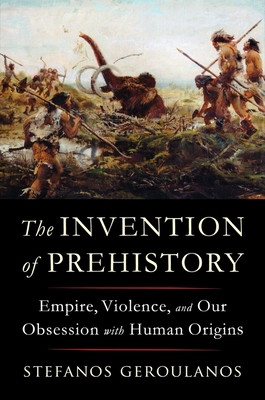What do you think?
Rate this book


512 pages, Hardcover
First published April 2, 2024
“As man advances in civilization, and small tribes are united into larger communities, the simplest reason would tell each individual that he ought to extend his social instincts and sympathies to all members of the same nation, though personally unknown to him. This point being once reached, there is only an artificial barrier to prevent his sympathies extending to the men of all nations and races.”
“Darwin’s expression … is today mostly of value to those who take a position that modernity is peaceful and the future will be better still.”
“(I)t matters that a direct line of descent takes us from Sahlins and (Pierre) Clastres through Scott to Graeber: Scott was inspired by Clastres and painted a similar picture of the state’s intrusion into nomadic societies; Graeber was Scott’s colleague at Yale, and he coauthored a book on kings with Sahlines. A certain kind of scholar NEEDS [caps mine] the state to have been brutal and repressive from the start, and those who were not within its purview —nomads, hunter-gatherers — to have been limber anarchists who offered a superior vision for life.”
“For there to be any future for humanity, we must see that the deep past, however enchanting, isn’t worthy of our love. It must become another time. … (D)oubt about our claims and doubt about our answers and doubt about the capital ‘h’ we put in Humanity … should again become our operating principle, a skepticism that never rests, a skepticism in the of a better theory for tomorrow.”